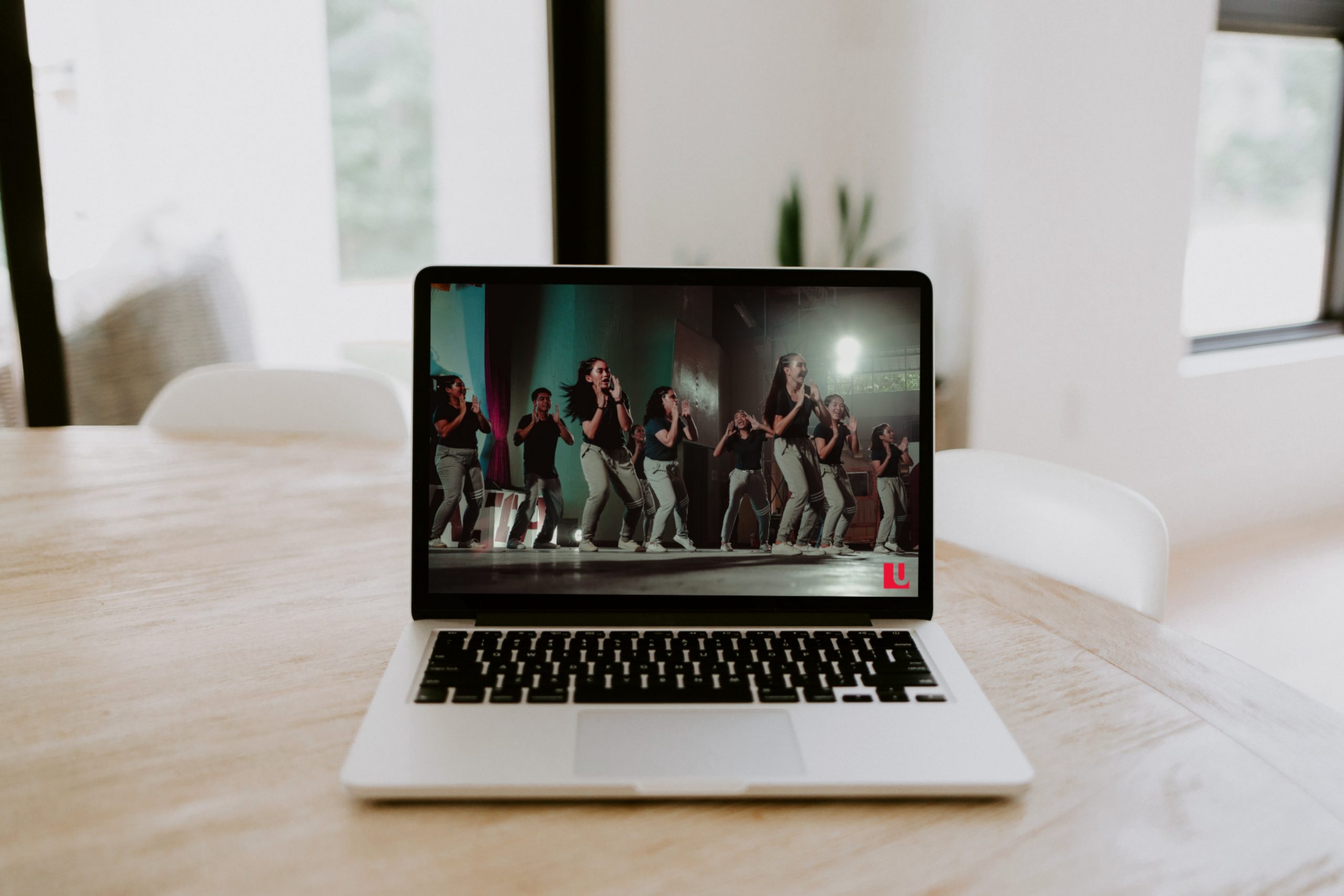In December, York notified students that in-person learning would be delayed until January 23 due to the elevated threat of the pandemic. On January 10, York extended this delay until January 31.
How has this extension impacted performing arts students?
“The switch back has definitely been rough,” says Sophia Abbas, a fourth-year dance major and president of the Creative Arts Student Association at York. “Dancing online last year was quite painful, considering we didn’t have the proper space or sprung floors, so a lot of us ended up becoming injured last year and I wasn’t excited to get back to that. It’s day two and I’ve already injured myself!”
“There’s also something to be said about the amount of money I’m paying for facilities I’m not using and hands-on, physical training I am not getting,” adds Abbas. “The spaces we are using are a big part of our education and we cannot work to our fullest capacity at home or receive the level of education we would from being in a physical classroom. Instead we are paying the same as we would if we were using those facilities without getting that level of education.”
Danielle A.D. Howard, a professor in the department of theatre says that they believe their students are rising to the occasion best they can in a time that requires great “adaptability and flexibility.”
“Students may have also found it difficult to connect with their peers in online school due to the lack of physical hallways that inspire impromptu conversations with each other before and after class. Students using the Zoom chat during my lectures under an established community agreement has been a useful way for students to engage with the content and inspire productive conversations about that day’s topic, as well as theatre and performance at large.”
Eric Armstrong, an associate professor in the department of theatre, explains that while they are looking forward to in-person classes, theatre students have found some benefits to online learning this month.
“We did Voice and Speech for the acting conservatory students in a remote set up last semester, as loud voicing is one of the riskiest things one can do, due to the impact of aerosolized COVID-19 virus,” says Armstrong. “However, with the other acting area classes taught face-to-face, this had an impact on students who were long-distance commuters. They actually had to come to the studio to do an online class in a mask in order to be able to get to their next face-to-face class with just a 10-minute break in between. Far from ideal.”
“Having all the acting conservatory classes online this month has meant that those students are safer, they can do class without a mask (which is very important for articulation work in voice), and it affects all students equally. So, in some ways, it has been an improvement over what we had in the fall,” Armstrong notes.
Abbas also explains that there are varying experiences from online learning that often depend on things such as class.
“Some people are dancing in hallways on carpets or tiles, at the top of stairs, in small living room spaces running into walls, chairs, and tables. Meanwhile, others have giant basements or access to actual dance studios. Some have home studios and lots of materials they can use to increase their skills at home, and those students are often the ones that do better and get more out of their education, simply because they or their families have more money,” says Abbas.


